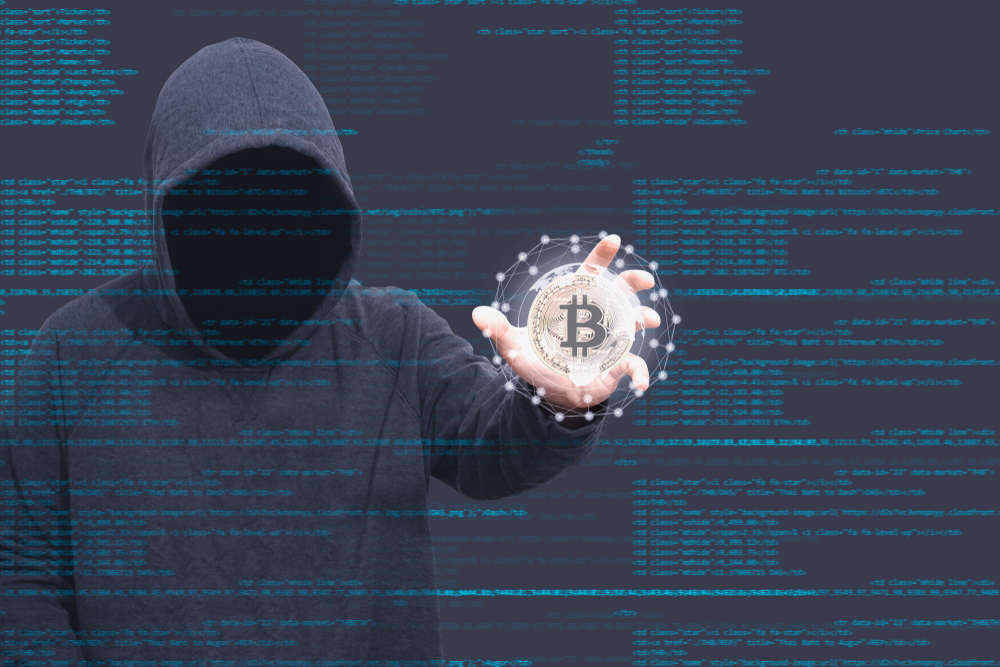According to a security company, there will be a “spike” in cryptocurrency breaches by North Korea in 2023. According to local media outlets, the cybersecurity software company Panda Security forecasts an increase in fraud and efforts to “take virtual assets” this year.
The company warned that once markets recover from the “crypto winter,” North Korean hackers would try to “exploit the revived public interest in cryptocurrencies.” According to Panda, attacks on top crypto exchanges are also more likely to occur in 2023 and “may potentially hurt users.”
According to the report, cryptocurrencies have grown to be “a crucial source of funding for North Korea’s nuclear programs and missile development.” Despite serving various sanctions, the Asian nation still “launched 70 ballistic missiles on at least 33 occasions in 2022 due to the theft and laundering of BTC.”
The report further revealed that North Korea would require “foreign cash” to finance this strategy, which means that “an increase in unlawful cyber operations will be unavoidable.”
However, industry analysts claim that the UN would respond with additional sanctions when necessary. According to a comment from Professor Park Won-gon of Ewha Woman’s University, “If North Korea hijacks more BTC, extra penalties will be applied in each case, and China will bear some of these consequences.”
“Before it releases new sanctions, the UN must decide if it is prepared to “impose penalties on people and businesses in China,” Park added.
A Rise In North Korean Crypto Hacking
Following recent claims by South Korea’s National Intelligence Service (NIS), the Panda report claim that North Korean hackers stole an estimated $1.2 billion in “crypto and other virtual assets” over the previous five years. The NIS report added that more than “half” of that amount was taken in 2022.
Hence, the NIS anticipates more cyberattacks carried out under the government’s command this year. Security companies assert that the nation’s capital owns fake cryptocurrency wallets and exchange clones, installing programs infected with “trojan-type” malware.
The intelligence service argues that this malware damages their victims’ PCs, allowing hackers to enter and steal money. Hence, it is no surprise that senior officials from the US, South Korea, and Japan have decided to collaborate and stop North Korea’s illicit online activity.
Despite facing financial difficulties, North Korea launched several missile tests last year. Some observers say the missile launch is to gain influence during future negotiations with other nations and the UN and seek sanctions relief and other concessions.
